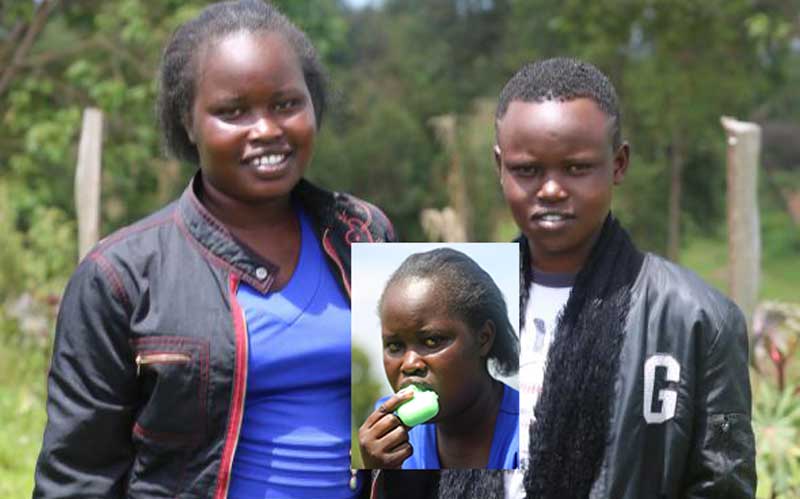×
The Standard e-Paper
Smart Minds Choose Us

Two sisters from Nandi County with a rare appetite for soap will undergo tests at an Eldoret hospital starting tomorrow.
Sharon Chepchirchir, 24, (right) and her sister Lydia Chepkemboi, 17, stunned the country after going public with confessions of their insatiable craving for laundry and bath soaps.